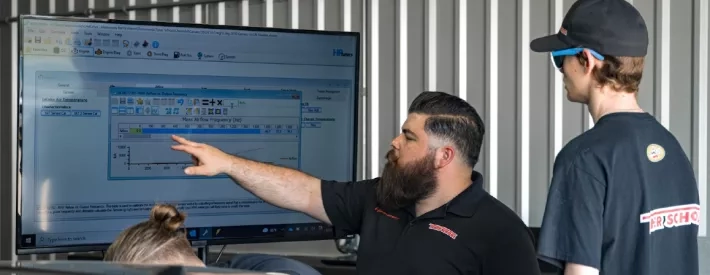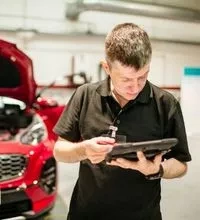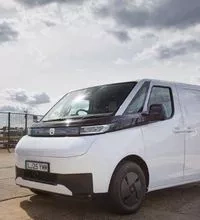Changing the tune

Advanced engine remapping is more relevant than ever before – but be careful out there
On paper, the remapping industry doesn’t make much sense. Modern cars are, by most accounts, pretty good, representing a century or so of innovation, expertise and investment. Cars are cleaner and faster than they’ve ever been, with phenomenal economy and performance made increasingly affordable thanks to the ceaseless work of manufacturers and the billions they pour into product development every year. Surely they can be relied upon to get things right first time, without the need for aftermarket tinkering?
But that’s where “on paper” and the real world diverge. Because while manufacturers mostly hit the right spot – for most people, most of the time – engine remapping offers the customer the opportunity to optimise a vehicle’s behaviour for a specific, often unique use case. And while remapping sounds like (and is) a relatively modern process, it has its roots in more traditional, mechanical forms of tuning which have been around for as long as internal combustion itself.
“When I was a young man, we wanted to make our cars go faster,” says Paul Busby, CEO of tuning firm Viezu. “I got involved in car tuning in the traditional way about 20 years ago, when we were taking off heads, porting and polishing – the quite traditional, old-fashioned method. You’d have a customer’s car in bits for weeks, and they would end up with a very large bill. We were doing quite a good job.
“But at one stage I looked around and realised that people were driving cars into workshops and driving them out an hour later with 50 more brake horsepower. And we couldn’t get anywhere near that with a £10,000 bill and four weeks of work.”
How it works
In basic terms, remapping an engine involves replacing or modifying the existing map – the code that tells a car how to behave in response to certain inputs. Ordinarily, this is done in search of “better” performance; things like torque delivery and throttle response can be adjusted to suit fast driving, rather than the more everyday pottering that most drivers undertake. But Busby is keen to point out that not every remap is done with track days in mind.
“In 2008, when fuel prices first went through the roof, we were literally remapping mums’ and dads’ Volvo diesels, and we were getting 8 or 9% fuel savings,” he says. “We did the BT fleet, 24,000 vans, which was all about fuel economy. That’s the largest fleet I know that was tuned anywhere, and in that case a 9% fuel saving equated to nearly £4m a year.”
In addition to making cars accelerate more aggressively or reach higher speeds than the factory specification describes, remapping companies like Viezu can make cars cruise more efficiently or even slow them down. Because in addition to the clear performance and efficiency upgrades, a remap can improve safety too.
“We did a load of vehicles for British Gas,” explains Busby. “It was mostly very economical little Caddy vans. They were the meter-reading vans, so they have no tools on board and no weight. And these things absolutely fly. Well, that’s great if it’s your own personal vehicle, but British Gas didn’t want everybody doing that. It’s always worth putting a speed limit on, but you can still get to 70mph very, very quickly in an unladen van. So, actually, we could easily take a load of power away from those vehicles and save a lot of fuel. They still go really well. You would hardly notice if you drove sensibly.”
Avoid the cowboys
Of course, Viezu is one of the good ones: a remapping provider with an excellent reputation, offering a sophisticated product along with insurance, ISO 9001 certification and all the other trappings of a serious company. But not everybody in this game is playing to the same standard.
“There are some total cowboys out there running what we call clone tools, which are not genuine. They’re knockoff versions normally made in China, which tend to be quite unreliable. Sometimes they can damage the ECU. So, you know, choosing a good tuning partner who’s got the right tools, the right experience and a good reputation is really, really important. You will probably pay a little bit more for it.
“Like all industries, there are great tuners out there,” concludes Busby. “And there are those who started five minutes ago and really don’t know what they’re doing. Those guys are an absolute nightmare.”




